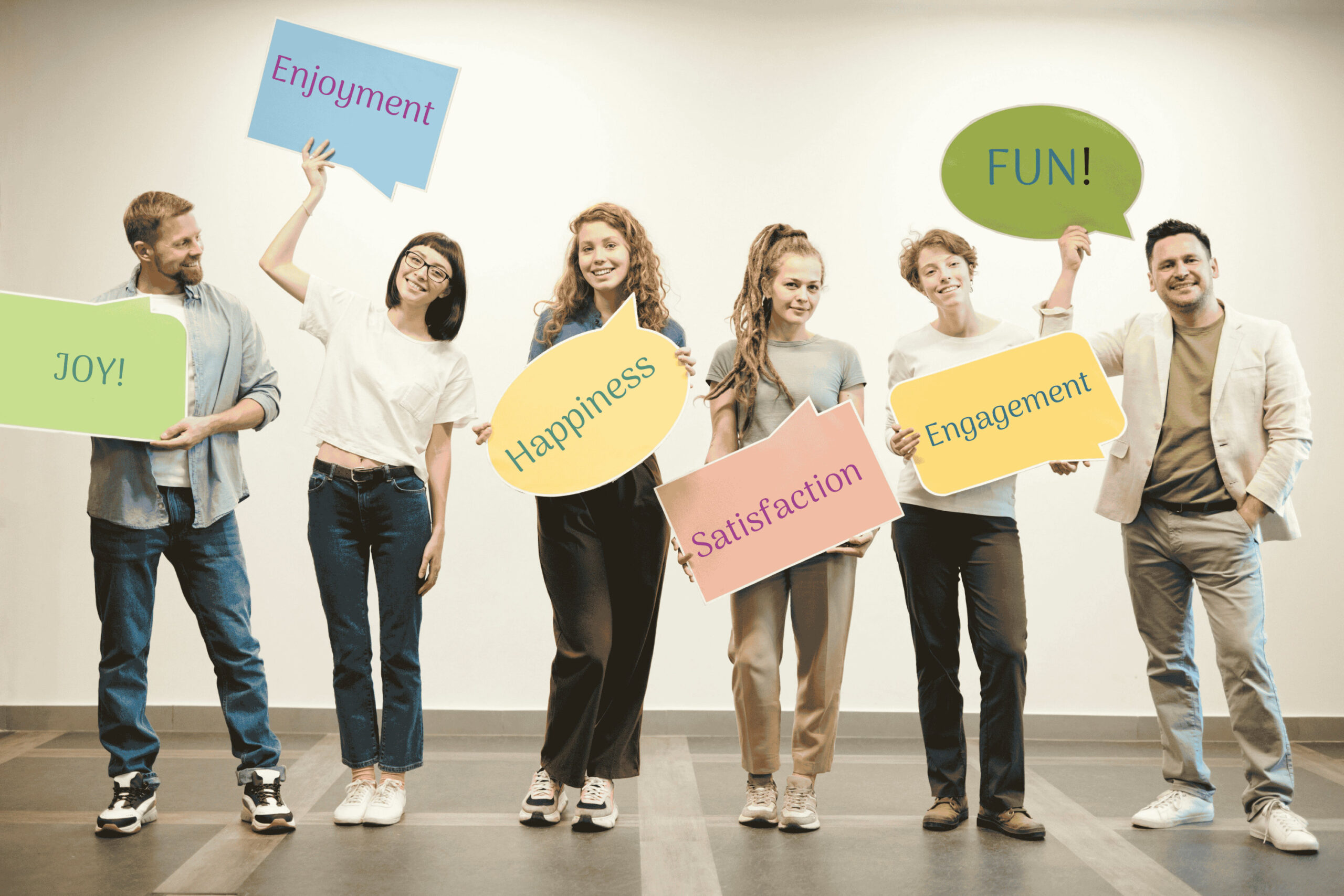Happiness sometimes gets a bad rap. Women especially can feel that it’s selfish to prioritize our own happiness, that we should find our happiness in the well-being of our families or the cleanliness of our homes or the satisfaction of our employers.
But science tells a different story: happiness isn’t selfish at all. In fact, it’s one of the best things you can do for yourself—and for everyone around you.
Happiness Is Good for Your Health
First, let’s talk about what happiness does for your body and mind. When you feel genuinely happy, your brain releases feel-good chemicals like dopamine and serotonin. These aren’t just fleeting bursts of joy; they have lasting effects. They help reduce stress, lower your blood pressure, and even boost your immune system. Think of happiness as a kind of superpower for your health.
Beyond the physical benefits, happiness has a profound impact on mental health. It fosters resilience, making it easier to bounce back from setbacks and navigate life’s challenges. Happier people are also more likely to engage in healthy behaviors, like exercising regularly and getting enough sleep, which creates a positive cycle of well-being.
Happiness is Good for Just About Everything Else in Your Life, Too
Are successful people happy or are happy people successful? The answer isn’t as obvious as we might think. In 2005, Sonja Lyubomirsky, Laura King, and Ed Diener — three well-known and acclaimed researchers in positive psychology — published a meta-analysis of 225 studies, including a total of over a quarter million people. In “The Benefits of Frequent Positive Affect: Does Happiness Lead to Success ?”, they concluded:
In this article, we reviewed cross-sectional, longitudinal, and experimental data showing that happy individuals are more likely than their less happy peers to have fulfilling marriages and relationships, high incomes, superior work performance, community involvement, robust health, and a long life. The three classes of evidence also indicated that positive emotions, as well as chronic happiness, are often associated with resources and characteristics that parallel success and thriving— that is, desirable behaviors and cognitions such as sociability, optimism, energy, originality, and altruism. Although our conclusions run counter to the belief that successful outcomes and desirable characteristics are primarily the causes, rather than the consequences, of happiness, a surprisingly large amount of evidence now appears to challenge this belief.
Happiness isn’t only good for your health. As Shawn Achor summarized in The Happiness Advantage, “happiness leads to success in nearly every domain of our lives, including marriage, health, friendship, community involvement, creativity, and, in particular, our jobs, careers, and businesses.” And that is the direction in which happiness flows — not success leading to happiness, but happiness leading to success! So choosing to work on your happiness can have results that flow through all the other elements of your life.
Happiness Is Contagious
Plus, happiness isn’t just good for you: it’s contagious. Studies show that when you’re happy, it spreads to the people you interact with—your family, friends, coworkers, even strangers. Your smile or your upbeat energy ripples outward, improving someone else’s day and inspiring them to pass it on. If you want your kids to be happy, you improve their odds by being happy yourself.
Via the Framingham Heart Study, a 20-year longitudinal study with over 4000 participants (in other words, solid science!), researchers actually found that happiness can influence social networks up to three degrees of separation. That means your happiness could affect not just your best friend, but your best friend’s cousin’s coworker. Happiness, like health, is a collective phenomena. Your happiness is a gift you give to the world around you.
Happiness Is Worth the Effort
Prioritizing your own happiness isn’t selfish —it’s an investment in a healthier, more successful, and more connected life. It’s the spark that fuels resilience, strengthens relationships, and inspires others. When you prioritize your happiness, you’re not just making your own life better; you’re lifting up the people around you, building a stronger community, and creating a ripple effect that can touch lives far beyond your own.
So, why try to be happy? Because your happiness matters—not just to you, but to everyone you interact with. Happiness isn’t just worth pursuing; it’s worth sharing. And when you choose happiness, you give everyone around you permission to do the same.

